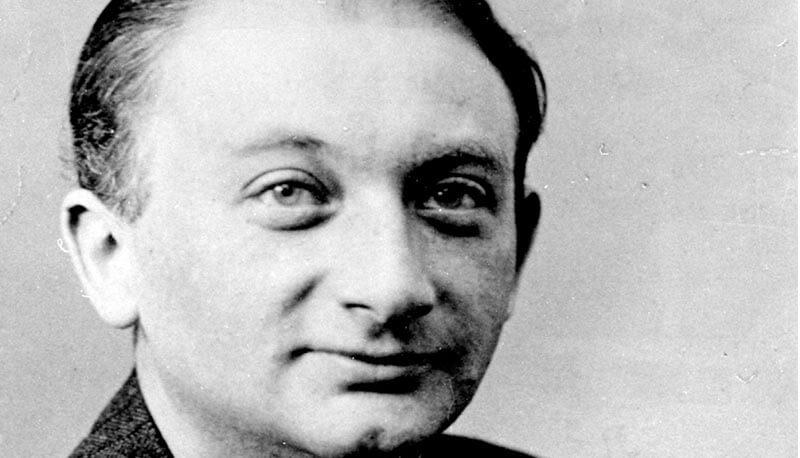Concetti Chiave
- Andreas Pum, a World War I veteran, retains faith in authority despite losing a leg and playing tunes for a living.
- His life unravels after a tram argument with a higher-class man, leading to the loss of his livelihood and his wife's departure.
- Andreas ends up in prison for assaulting an official, mistakenly labeled a rebel, and rapidly ages during his confinement.
- Post-release, he works for a former roommate in a menial job, consumed by bitterness over perceived injustices.
- Rebellion paints a vivid picture of postwar societal chaos, blending irony with profound social critique.
Il ritorno di Andreas Pum
When Andreas Pum returns from World War I, he has lost a leg but gained a medal. Unlike his fellow sufferers, however, Pum maintains his unswerving faith in God, Government, and Authority. He makes his livelihood playing sentimental and patriotic tunes on a barrel-organ. Uncomplaining, stupid, and docile, he marries the (very) recently widowed Katharina shortly after meeting her, and settles down for a winter of ignorant bliss.
La caduta di Andreas
Disaster strikes soon after. An argument with another man on a tram leads to blows and, unfortunately for Andreas Pum, the other man is of a higher class, and so Pum loses his license to play the barrel-organ. His wife is, of course, furious and takes up with another man, leaving Andreas to sleep on the sofa.
Things get even worse at his trial. Fed up with being taken for a rebel -- which he most certainly is not -- Pum finds himself in prison after striking an official. In a magical touch that only Joseph Roth can pull off, he ages terribly in a matter of weeks. Upon his release he seeks out his former roommate, a pimp named Willi, who now runs a business cleaning lavatories. Andreas, older and older, feeble-minded, close to death, and obsessed with the injustice he's suffered, goes to work for Willi, and dies an embittered old man.
Ribellione e commento sociale
Moving along at a breakneck clip, Rebellion, the last of Joseph Roth's novels to be translated into English, captures the cynicism and upheavals of a postwar society. Its jazz-like cadences mix with trenchant, albeit fantastic, social commentary to create a wise parable about justice and society.

Domande da interrogazione
- Qual è la fede incrollabile di Andreas Pum al suo ritorno dalla guerra?
- Cosa causa la caduta di Andreas Pum?
- Come si conclude la vita di Andreas Pum?
Andreas Pum mantiene una fede incrollabile in Dio, nel Governo e nell'Autorità, nonostante le sue sofferenze e la perdita di una gamba.
La caduta di Andreas Pum è causata da un litigio su un tram con un uomo di classe superiore, che porta alla perdita della sua licenza per suonare l'organetto e alla furia della moglie che lo abbandona.
Andreas Pum finisce in prigione dopo aver colpito un ufficiale, invecchia rapidamente e, dopo il rilascio, lavora per un ex coinquilino, morendo infine come un uomo amareggiato e ossessionato dall'ingiustizia subita.







 Accedi a tutti gli appunti
Accedi a tutti gli appunti
 Tutor AI: studia meglio e in meno tempo
Tutor AI: studia meglio e in meno tempo